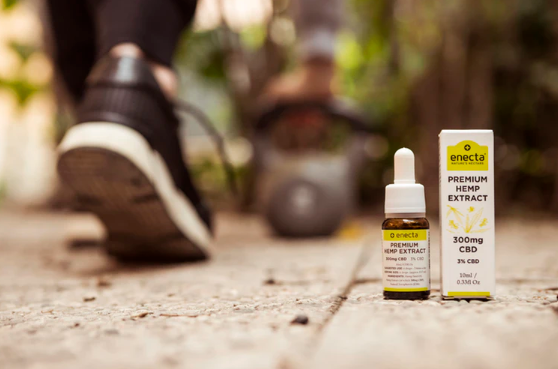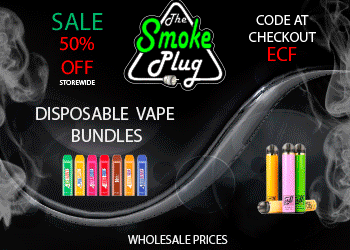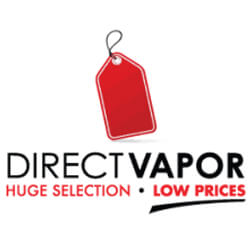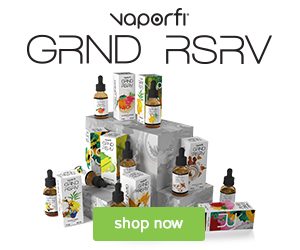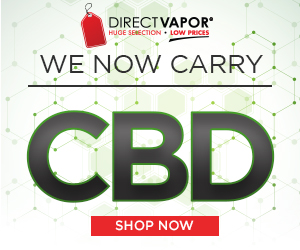What the FDA Has to Say About CBD and CBD Products
In just a couple of years, CBD exploded and became a multi-billion-dollar industry. The U.S. hemp-CBD market is expected to hit $22 billion by 2022, which is utterly mind-blowing as CBD products haven’t been around for that long.
CBD oils, tinctures, and edibles – once considered “taboo” – are now flying off the shelves. CBD is making huge waves in the wellness industry, and it doesn’t look like it’s stopping anytime soon.
Nowadays, CBD is everywhere – in pharmacies, groceries, physical stores, and CBD shops online. If you don’t know where to buy CBD products near you, do a quick search on Google and get your CBD fix delivered right to your doorstep.
But amidst all this buzz going on around CBD, a lot of people – especially those who want to try CBD for the first time – still wonder just how safe these products are.
Does the U.S. FDA approve CBD products?
We’ll get into that in a bit.
What is CBD? Will It Make You High?
CBD or cannabidiol is just one of the many natural compounds found in the cannabis plant. CBD is known and has become famous for its calming and relaxing effects, but because it comes from the species that includes marijuana, a lot of people have this wrong notion that CBD products have psychoactive effects.
CBD is naturally non-intoxicating and will not get you high. It’s another compound from cannabis plants – THC or Tetrahydrocannabinol – that does that.
Most of the CBD products today are manufactured from hemp, which means they contain almost no trace of THC. Using CBD-infused oils and consuming CBD edibles may provide you a deep sense of calm, but it will not alter your spatial and sensory perception or create a feeling of euphoria.
What is FDA’s Stand on CBD Products?
The FDA is a government-run organization that regulates the quality and manufacturing of food, drugs, and other goods to ensure that they are safe for public use and consumption. That is to say, the scope of FDA’s regulatory responsibilities extends to and encompasses CBD products.
The FDA has to conduct research and probe into how cannabidiol-derived products are processed and manufactured – ensure that they are up to standards – before they are granted GRAS (generally recognized as safe) status.
Although many states have already passed laws allowing the use of CBD for medicinal and/or recreation purposes, following the passing of The 2018 Farm Bill, the FDA maintains that they need more time to study and review data to effectively devise regulations on the manufacturing and marketing of CBD products.
According to FDA report presented to the U.S. House Committee on Appropriations and the U.S. Senate Committee on Appropriations,
“FDA recognizes the significant public interest in CBD products. However, there are many questions about the characteristics of currently marketed CBD products because the Agency lacks significant information on what CBD-containing products are on the market and there are little data available on those products themselves.”
To this day, only one product containing CBD – a prescription drug called Epidiolex – has been approved by the FDA. This means that all other CBD-derived products sold today are yet to obtain FDA-approval.
Is CBD Safe and Legal?
It’s legal to buy and sell CBD products with less than 0.3 percent THC content in the United States, for as long as your states allow it. However, it’s illegal for manufacturers and distributors to label CBD products as dietary supplements or claim that it has any healing/medicinal properties.
In the same report that the FDA submitted to the senate, the organization mentioned that they’re mainly concerned about the many issues of mislabeling and far-fetched claims about the benefits of CBD products.
“Of the 31 products tested for cannabinoids, 21 products specified the amount of CBD in the product (e.g., CBD amount per serving). Of these 21 products, seven products (33 percent) contained CBD within 20 percent of the amount indicated. Of the 10 products that did not indicate the amount of CBD included in the product, six contained CBD and four did not. In addition, 15 of the 31 products (48%) contained THC. The results obtained for these 34 products is from a limited sample size and cannot be used to draw definitive conclusions and further testing is warranted.”
While the FDA is still in the process of devising effective quality control and marketing standards of CBD, they advise the public to be more careful and exercise due diligence when purchasing CBD-infused products.
About the Author
Lauren Klesser is the Content Marketing Strategist for Half Day CBD, a thoughtfully-curated brand of organic hemp-derived products like CBD oils, CBD vape and CBD gummies, which are designed to help manage pain, anxiety, stress and sleep issues. In her spare time, she plays axe throwing and escape games with her family and friends.

